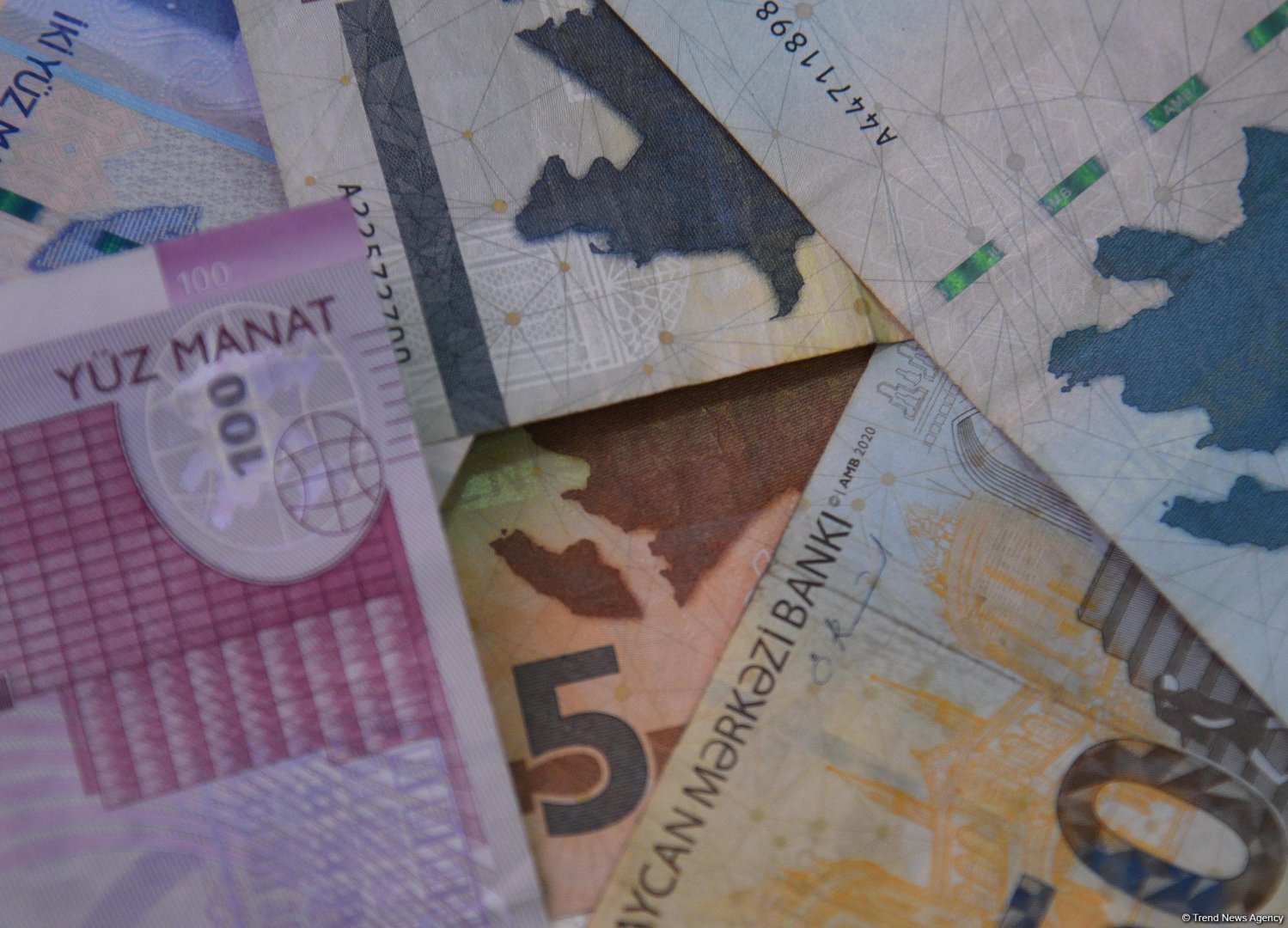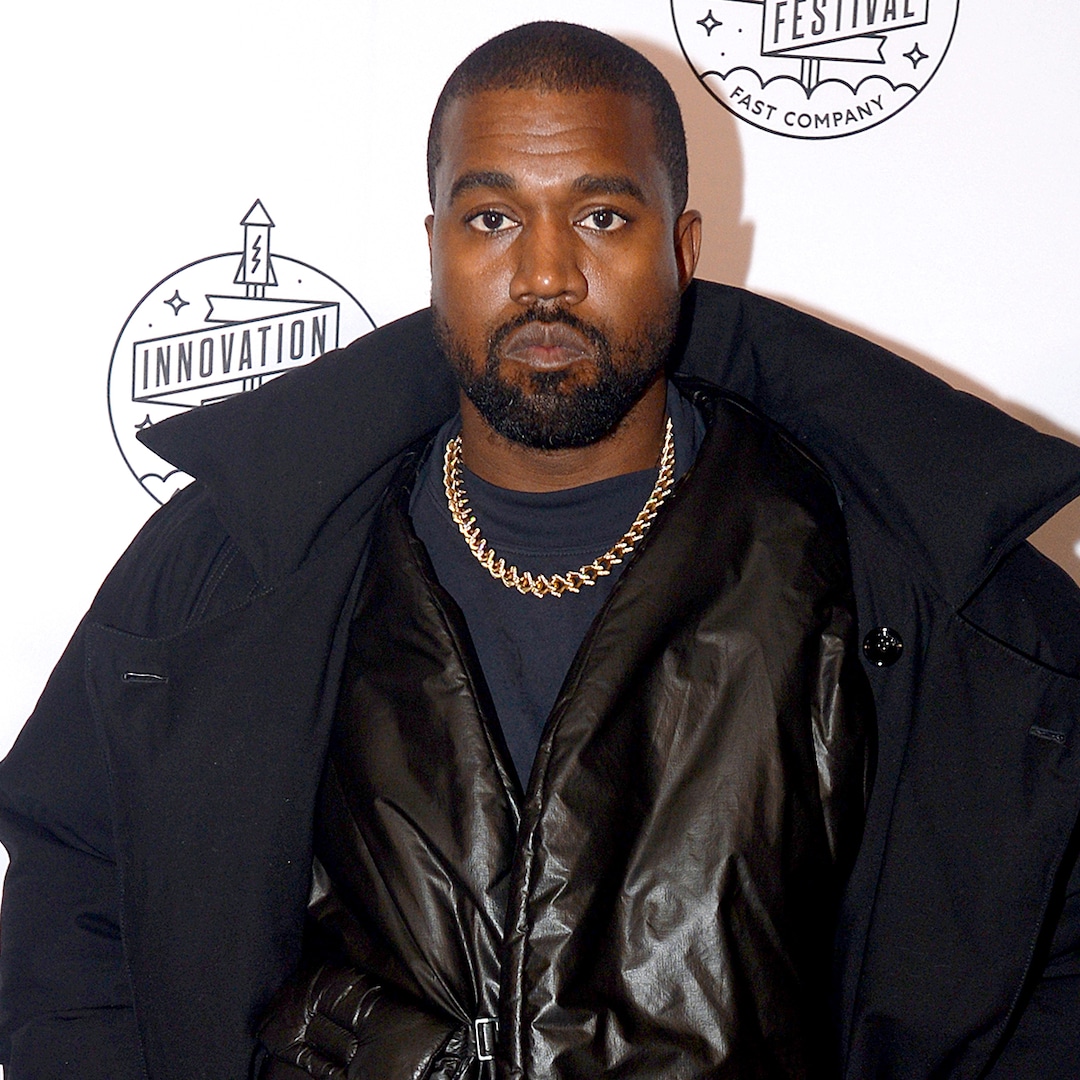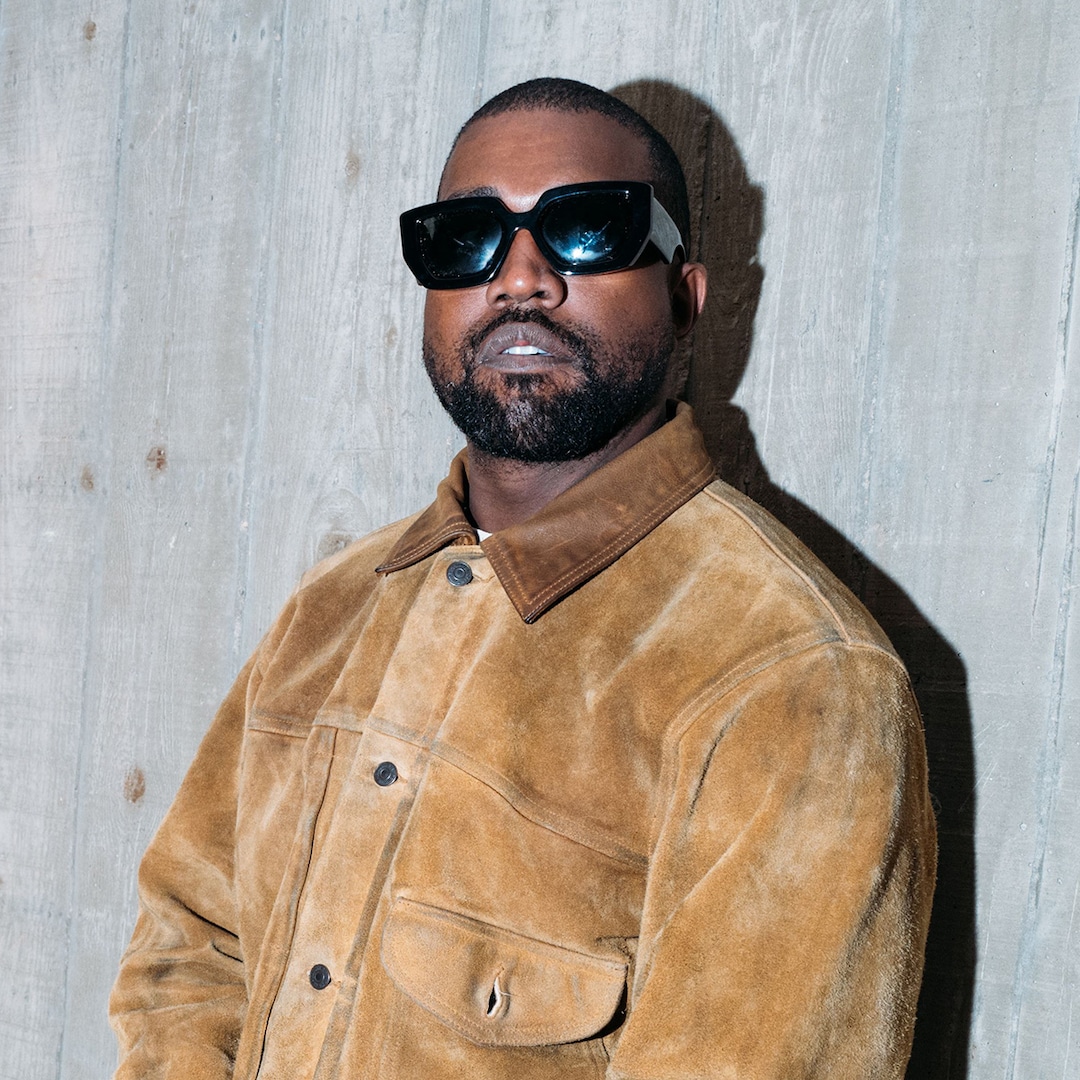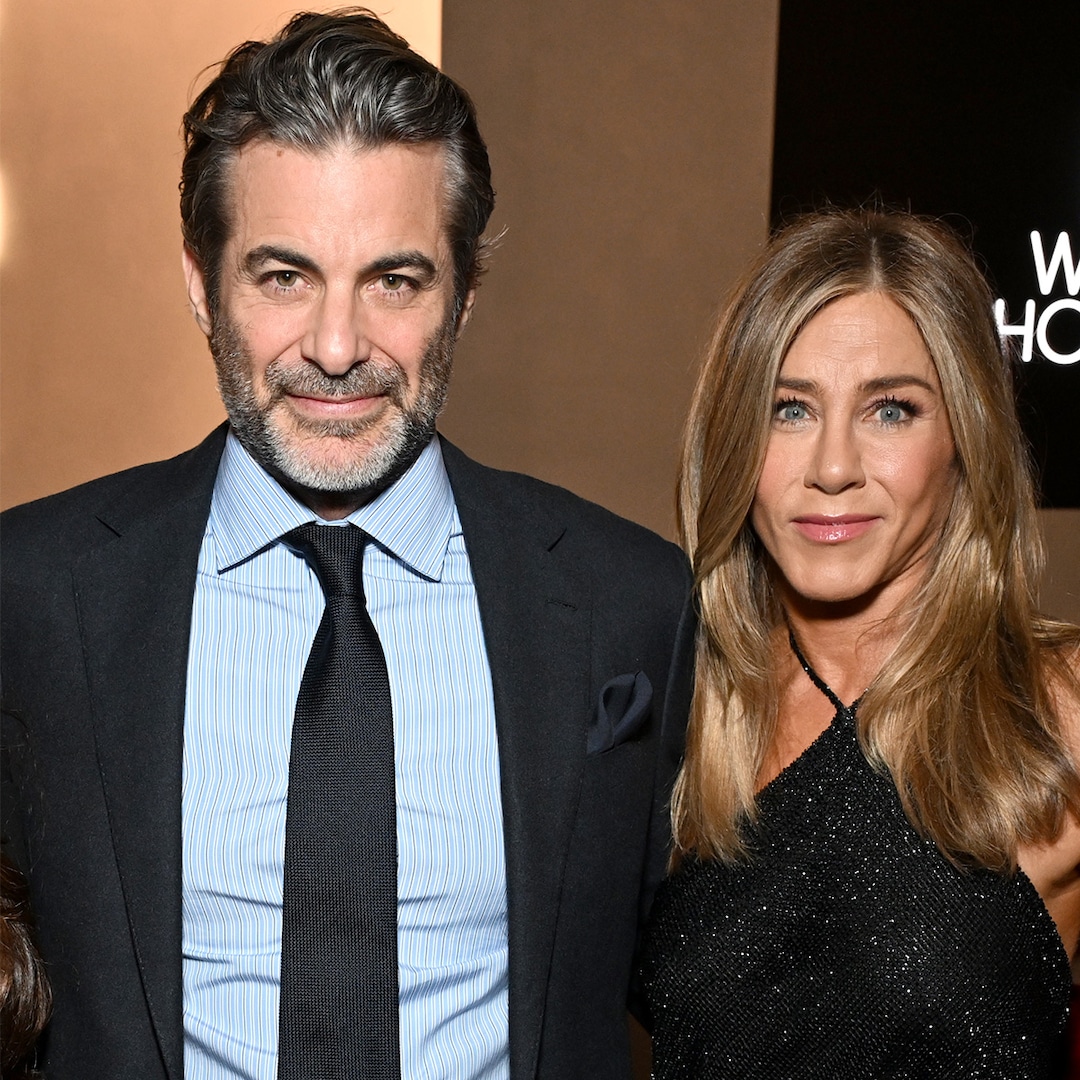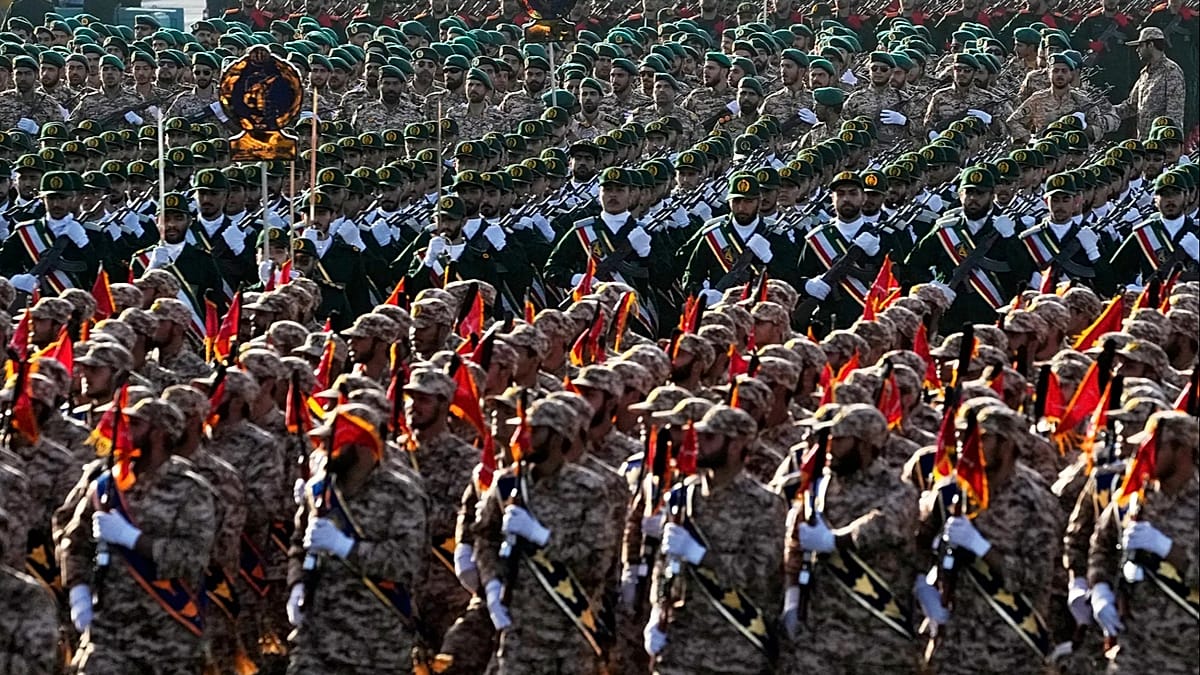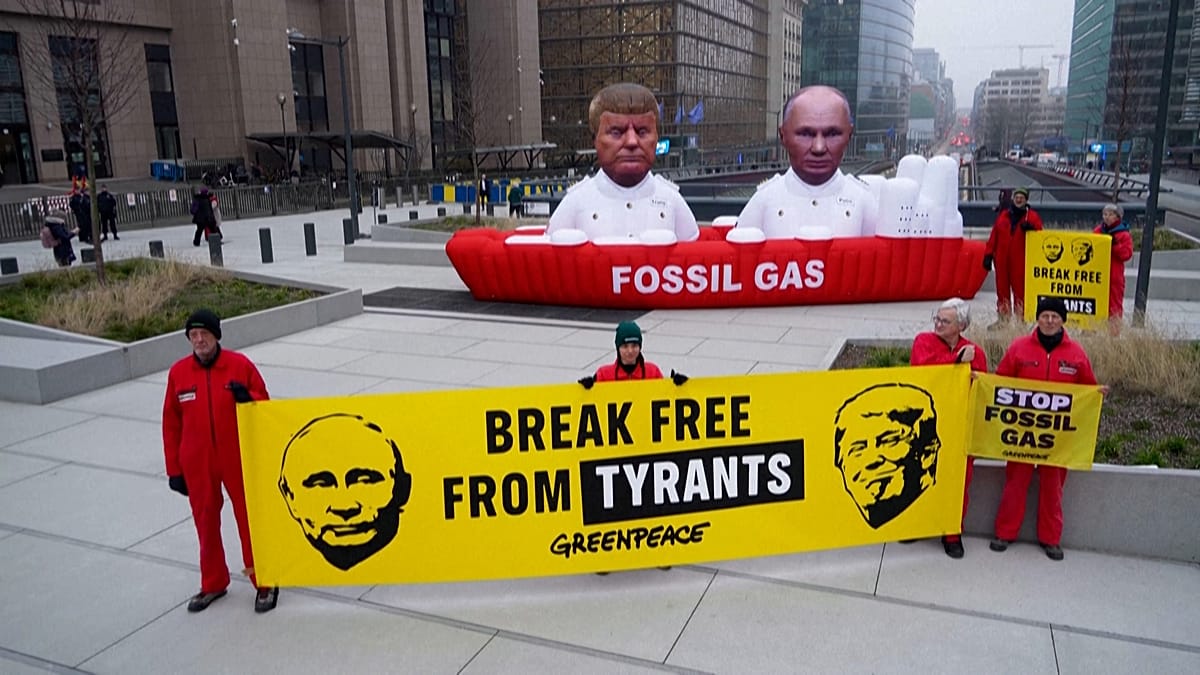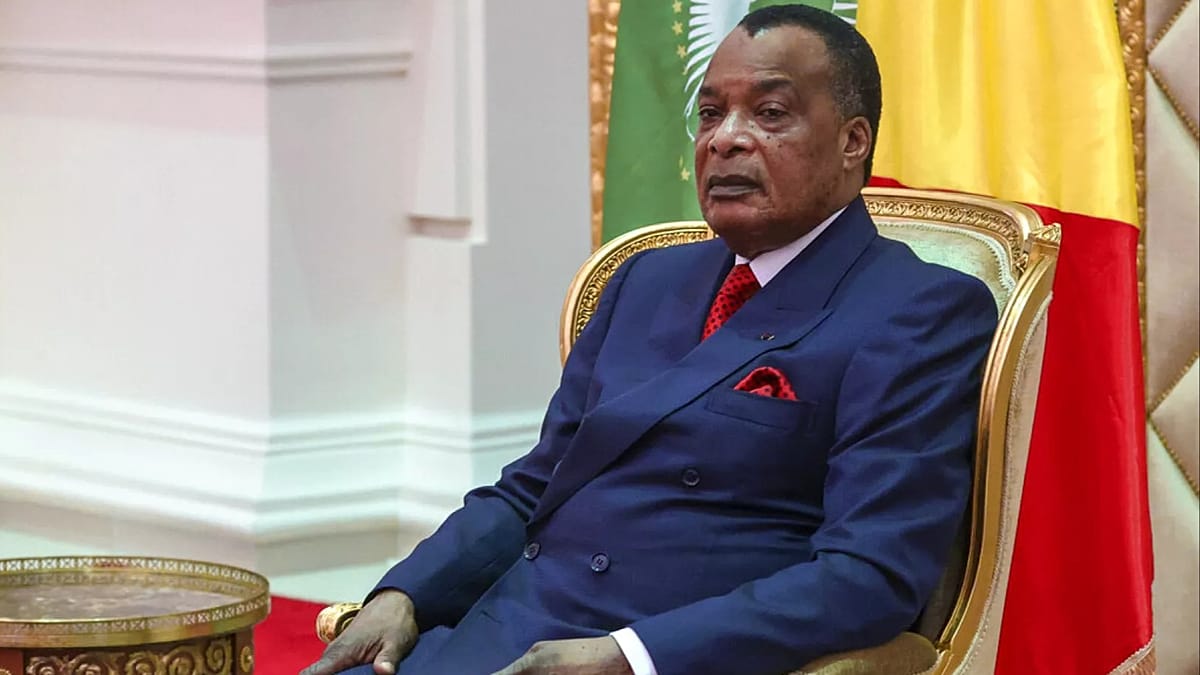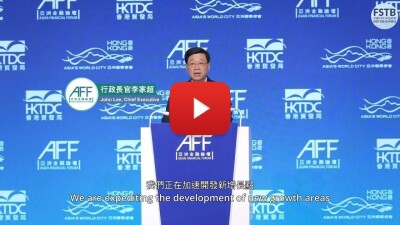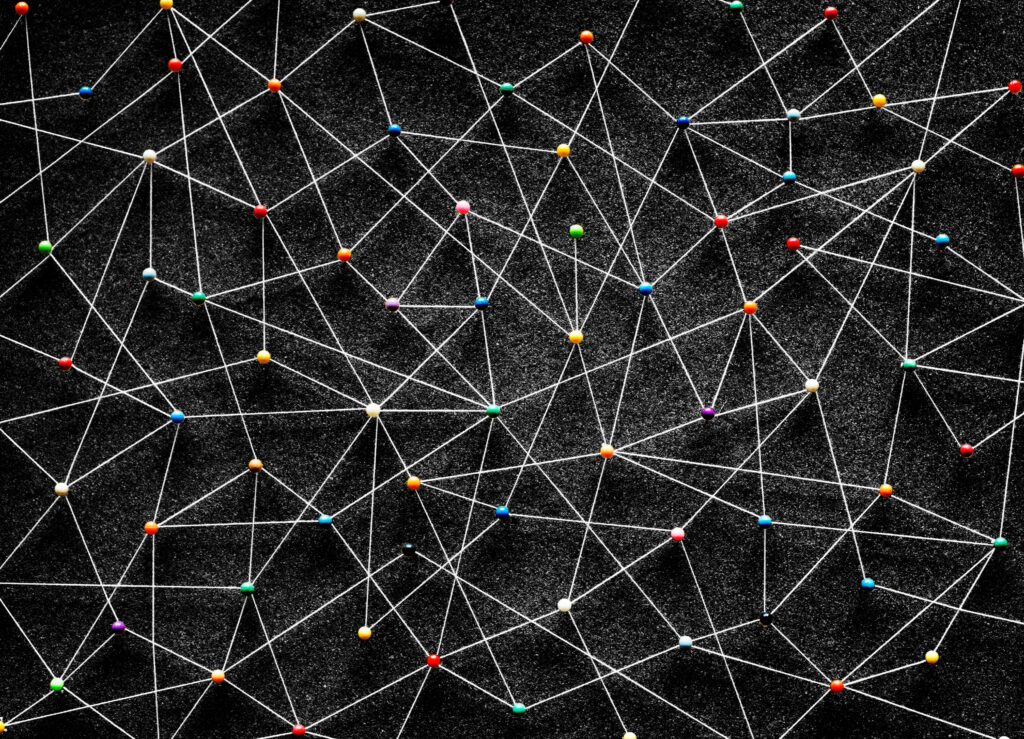How Super Agents Control the Transfer Market
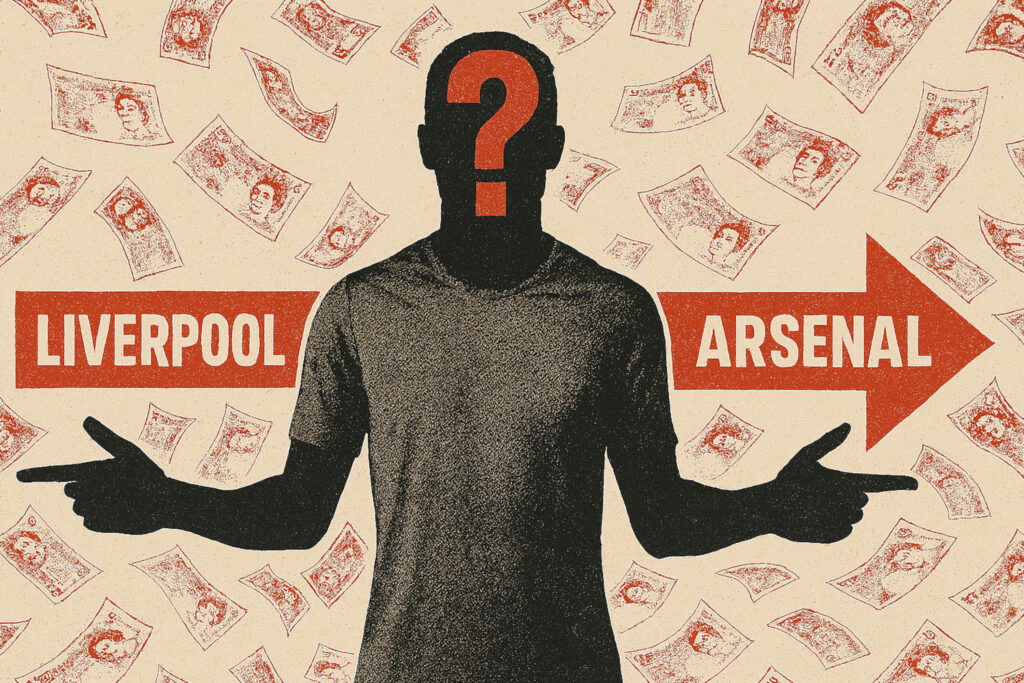
In modern football, transfer negotiations are no longer dominated by clubs alone. Super agents have emerged as powerful intermediaries who shape deals, inflate values, and influence player careers across continents. Their role stretches far beyond simply representing clients. They operate at the nexus of money, influence, and access, often pulling strings behind the scenes in ways that clubs and fans cannot ignore.
Who Are the Super Agents?
The term “super agent” typically refers to a small group of elite football agents who represent multiple high-profile players, managers, and, at times, even clubs. They are known for brokering mega deals and extracting enormous commissions. Jorge Mendes, Mino Raiola (prior to his passing), and Pini Zahavi are among the most well-known examples. These agents have built networks that include club executives, scouts, lawyers, and sponsors, allowing them to navigate and manipulate the market in ways others cannot.
How They Operate
Super agents don’t just respond to club interest. They actively shape demand. They offer clubs packages, player X available now, with player Y down the line. They move clients in clusters and manage relationships across leagues, giving them the ability to tip the balance of power during windows.
They also help engineer moves long before official talks begin. By planting rumours, gauging interest privately, and orchestrating media narratives, they can set the conditions for a transfer. Their influence often extends to determining wages, contract clauses, image rights, and resale percentages.
Influence Over Clubs
Smaller clubs may rely on super agents to place players or secure favourable deals. Bigger clubs, meanwhile, often work with them to gain access to top talent or avoid bidding wars. The line between advisor and decision-maker can blur. In some cases, agents have effectively acted as shadow sporting directors, shaping a club’s recruitment direction over several seasons.
Examples include Mendes’ role in funneling Portuguese talent to Wolverhampton Wanderers, or Raiola’s hand in Paul Pogba’s transfers between Juventus and Manchester United. These aren’t isolated cases. Clubs sometimes court agents as much as the players themselves, knowing full well that without their blessing, no deal happens.
Player Loyalty vs Agent Strategy
A key tension exists between what players may want and what agents push for. Super agents often advise moves based not only on sporting development but on commercial value and commission opportunities. Players who trust their representatives implicitly may find themselves changing clubs frequently or heading to leagues that offer the best payday, not the best football.
While this can work out for some, others lose momentum in their careers. The agent’s long-term vision may not always align with the player’s form, fitness, or ambition.
Regulatory Gaps and Loopholes
FIFA and national associations have tried to rein in agent fees and improve transparency. Rules have been proposed to cap commissions and require greater disclosure of agent involvement. Yet enforcement remains inconsistent. Many top agents work through corporate structures across jurisdictions, making it difficult to regulate their earnings or methods.
Moreover, clubs often willingly circumvent guidelines to secure a coveted player. Off-book payments, inflated image rights deals, and third-party intermediaries are still common tactics.
The Market’s Future
As transfer fees rise and competition for elite players intensifies, super agents will remain central figures. They are part of the financial ecosystem, serving roles that clubs themselves struggle to internalise. However, growing scrutiny may force more formal oversight.
There is also a shift underway. Some players are opting for smaller agencies or building in-house representation teams to regain control. Clubs too are investing in analytics and scouting networks to reduce dependency on agents.
But for now, super agents still hold the keys to many of football’s biggest deals, and until the structure of transfers changes significantly, their influence is not going anywhere.
